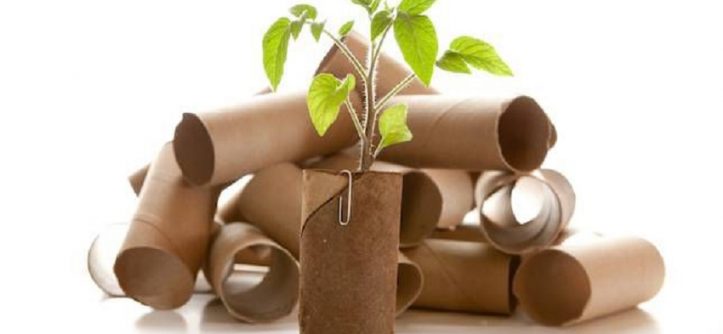Since your home generates waste daily, and no one wants to live in a dirty house, it is paramount to devise ways of managing your rubbish efficiently to promote proper sanitation and environmental preservation. Some of the best ways of dealing with your garbage include reusing, recycling, and reducing.
Hire a Rubbish Removal Company
A reliable waste collecting company will ensure that the environment you live in remains sanitary at all times by collecting your rubbish promptly. You can easily find professional and affordable services at your location, including same day rubbish removal. Depending on your agreement, such a company will help you get rid of all kinds of unwanted items, garbage, rubbish, and junk, whether small or bulky.
Some companies specialize in areas like residential or commercial wastes, while others deal in all sectors.
Since it is time-consuming and complicated to deal with your rubbish, it is essential to seek a business you can trust to efficiently perform its job. You can fully trust Rubbish Clearance Southampton in this regard if you are a UK resident.
Reuse
Before throwing something, make sure it no longer useful; you can use durable items for a prolonged time for various purposes before disposing of or recycling. You can use paper bags to store recyclables in the absence of a bin and create protectors for fashion books.
Although plastic jars are excellent for storage, ensure that you do not use them for a prolonged time because they can start leaching chemicals. Additionally, develop a habit of using a reusable coffee cup or take your beverage in the café, using rechargeable batteries, cloth handkerchiefs, and reusable bags.
Recycle
When you recycle your rubbish, you contribute to minimizing the number of wastes that end up in landfills, conserving natural resources such as timber, minerals, and water, reducing pollution, and energy conservation. Therefore, make sure you adhere to your city’s recycling regulations, which may include sorting your recyclables into glass, plastic, and paper or putting all of them into one bin.
Some cities have a designated place for collecting recyclables while others provide pickups. The typical household items that can be recycled include glass containers, number 1-7 plastic containers, aluminum foil and cans, and paper products such as egg cartons, computer papers, cardboard, and newspapers.
Composting
It is simple and straightforward to develop a compost at home; all you need to do is put wet waste in compost pit or bin and allow nature to take its course. You can use it to fertilize plants in your garden, donate, or even sell it to community gardens, farmers, and farming companies. You can make compost by mixing various items, including dairy and meat, or strictly using vegetable and fruit scraps.
You can make a cold compost heap, which takes minimal effort but consumes more time to be ready or a hot one, which matures in about 6 to 8 weeks but requires more work. A standard compost heap contains green or brown items.
Minimize Your Rubbish
Lowering the number of wastes helps you to reduce the amount of rubbish at your home. You can choose to repair broken items instead of throwing them away, donate things you no longer use, reduce product turnover by buying durable goods, and avoid making unnecessary purchases of appliances, clothes, and other products.
When buying food, ensure that you only purchase those without packaging or use your container. You should also develop a habit of returning plastic packaging to the store, no using plastic balloons, and straws. Also, it is better to purchase dry foods like cereals, rice, spices, and teas in bulk.
Segregate Your Garbage
Grouping your wastes before disposal makes it easier to compost and recycle and lowers the amount of rubbish you put out. You can segregate your garbage into wet, dry, and hazardous wastes. It is essential to separate dry wastes such as papers, metal, flowers, glass, and plastics for recycling or reusing.
Wet wastes like tea leaves, kitchen waste, fish scales, vegetables, fruit peels, and eggshells are useful for making compost, so store them in a separate bin. Make sure you dispose of any hazardous wastes like bulbs every day.
Due to increased consumption, it is now a necessity to manage domestic rubbish properly. However, as much as it is an individual responsibility to manage your household’s rubbish, we should all take collective action to ensure we create awareness about proper garbage management.



Leave a Reply
You must be logged in to post a comment.